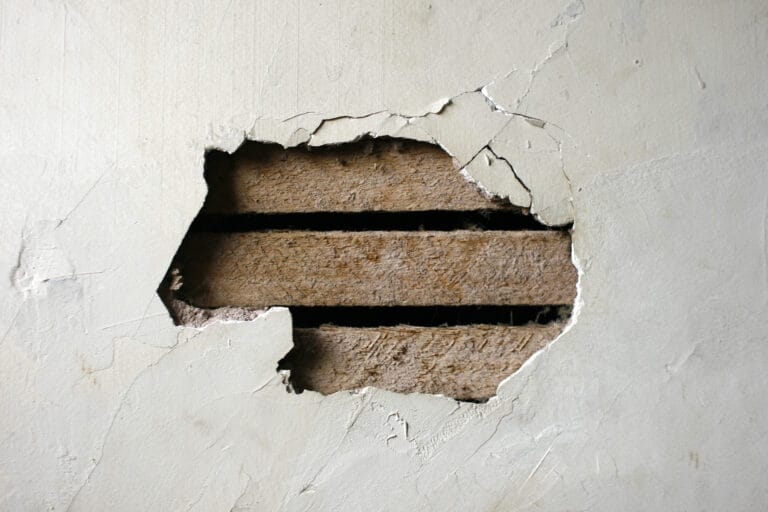When Steve Jobs returned to Apple in 1997, the company — once praised for simplicity and quality — had had just experienced its worst-ever financial quarter.
Jobs examined the future product roadmap. He felt a third of Apple’s products were “incredible.” The rest? Either “pretty good” or “businesses we didn’t need to be in.”
He made what appeared to be a drastic decision: jettison the bulk of Apple’s products to ensure that whatever the company made was made exceptionally well.
Jobs recognized genuine differentiation required disciplined focus. Being great at a few things, rather than being good at a lot, results in better products and services. Better offerings command fatter profit margins. Larger margins result in more resources to invest in marketing, sales, and product development, creating even greater differentiation and corresponding profit margins.
The result was a virtuous cycle that allowed Apple to build what Warren Buffett calls a “wide competitive moat” and what we over at The Value Builder System™ call having Monopoly Control. (Monopoly Control is one of the eight factors we found that impact your company’s value after analyzing tens of thousands of companies. Download a checklist of all eight value drivers.)
The greater Apple’s Monopoly Control, the more valuable the company became. In 1997, Jobs said Apple was “ninety days from going broke.” Today, Apple has a market cap of over $2 trillion.
Why Your Monopoly Control Score Matters
Improving their Monopoly Control score is important for Fortune 500 giants and it’s essential for smaller businesses that don’t enjoy enterprise-level resources.
Just ask Joshua Dick.
When Dick took over Urnex Brands, he quickly determined the company was good at a lot of things — but it needed to be great at a few. He dropped six of the company’s seven product lines to focus on providing cleaning supplies for filtered coffee machines (think industrial machines you might see in Starbucks, Dunkin’ Donuts, or New York City diners) but with a further differentiation: Instead of selling “coffeemaker cleaning products,” Urnex focused on helpings its customers make better-tasting coffee.
Focusing on the benefit of better-tasting coffee rather than the features of his cleaning solution allowed Dick to sell to the people in charge of coffee, not those purchasing cleaning supplies.
Smart marketing based on clear differentiation? Absolutely. Would Jobs have approved? Likely.
As difficult as the decision to drop six of his seven product lines was, Dick was confident that his focus would pay off. In fact, he continued to say no to offers for making cleaning products for deep fryers, kitchens, or ice cream machines.
Urnex Brands became the most significant supplier of cleaning materials for coffee makers in the world, generating EBITDA of more than $5 million per year.
Thanks in part to his Monopoly Control, Dick sold Urnex in 2015 for a double-digit EBITDA multiple.
How to Improve Your Score on Monopoly Control
Many businesses score low on Monopoly Control. As their companies grow, many owners naturally seek to expand their product and service lines, seizing “opportunities” while mitigating the perceived risk of having too many eggs in too few baskets.
To gauge your score on Monopoly Control, ask yourself a few questions:
- Am I so good in my niche that it would cost too much or take too long for others to compete? The greater your focus, the more likely you will be seen as the best solution for a specific problem or need.
- Do the various products or services I offer water down my brand? While certain add-on products may increase revenue, they may also serve to make your brand seem generic or possibly even worse — a commodity.
- Does my distribution channel enhance my differentiation? For Dick, standing out meant selling to the people who made coffee, not the people who purchased cleaning supplies. Finding ways to sidestep conventional distribution channels can help your product or service avoid being perceived as a commodity.
To maximize your company’s potential for being acquired for a premium price, think like Steve Jobs, Warren Buffett, and Joshua Dick. Eliminate what you don’t do well. Then go a step further and eliminate what you don’t do extremely well.
Then you can focus on creating the kind of differentiation, competitive advantage, and Monopoly Control that results from providing a product or service no one else can and can sit back and watch as the value of your company goes up in lockstep.



